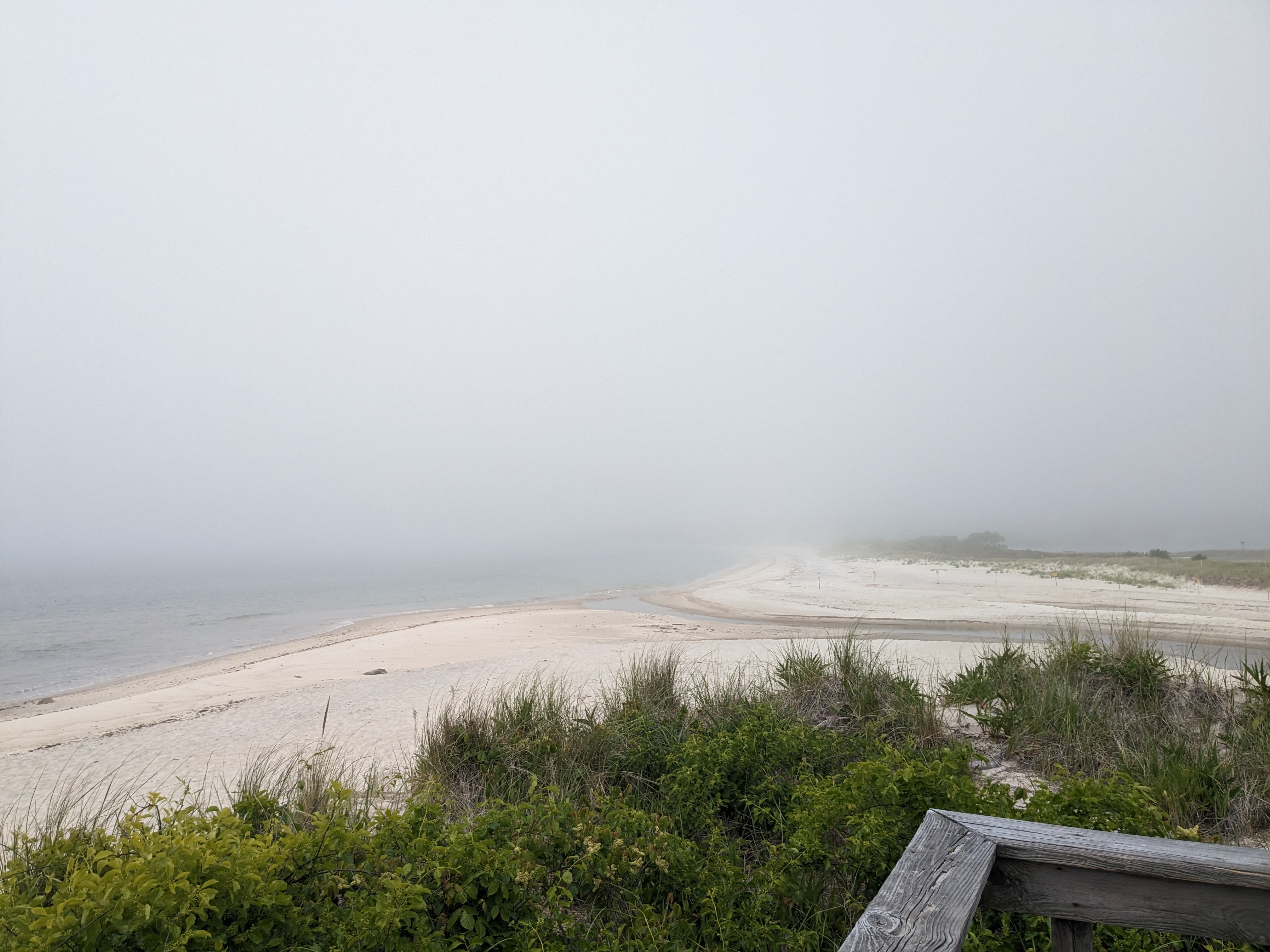
Trainings Archive
Learn on-demand from regional resilience practitioners and experts

Learn on-demand from regional resilience practitioners and experts
Select one or more of the filters below to find relevant tools and resources for your needs


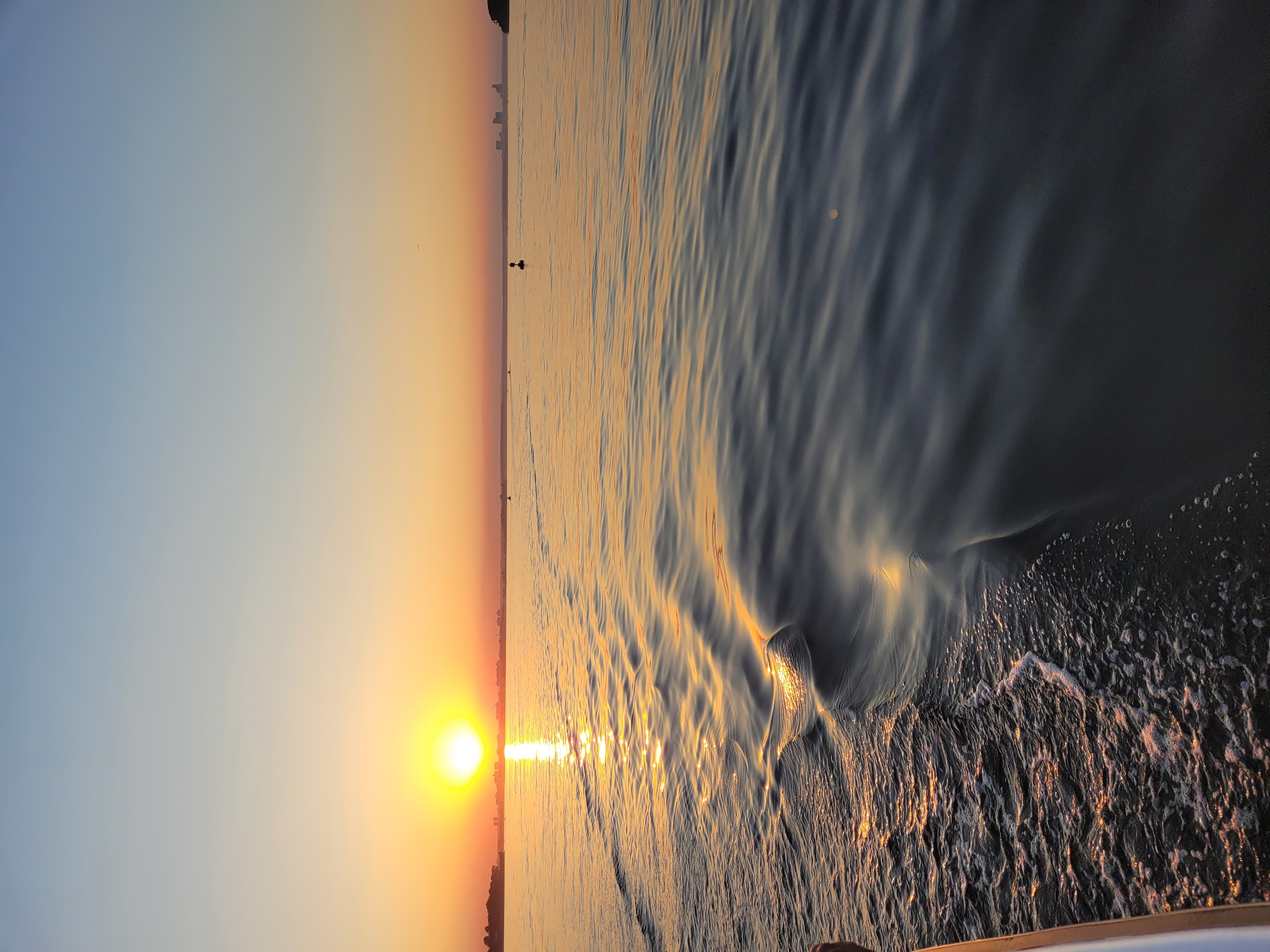
Find out about upcoming virtual and in-person trainings and events
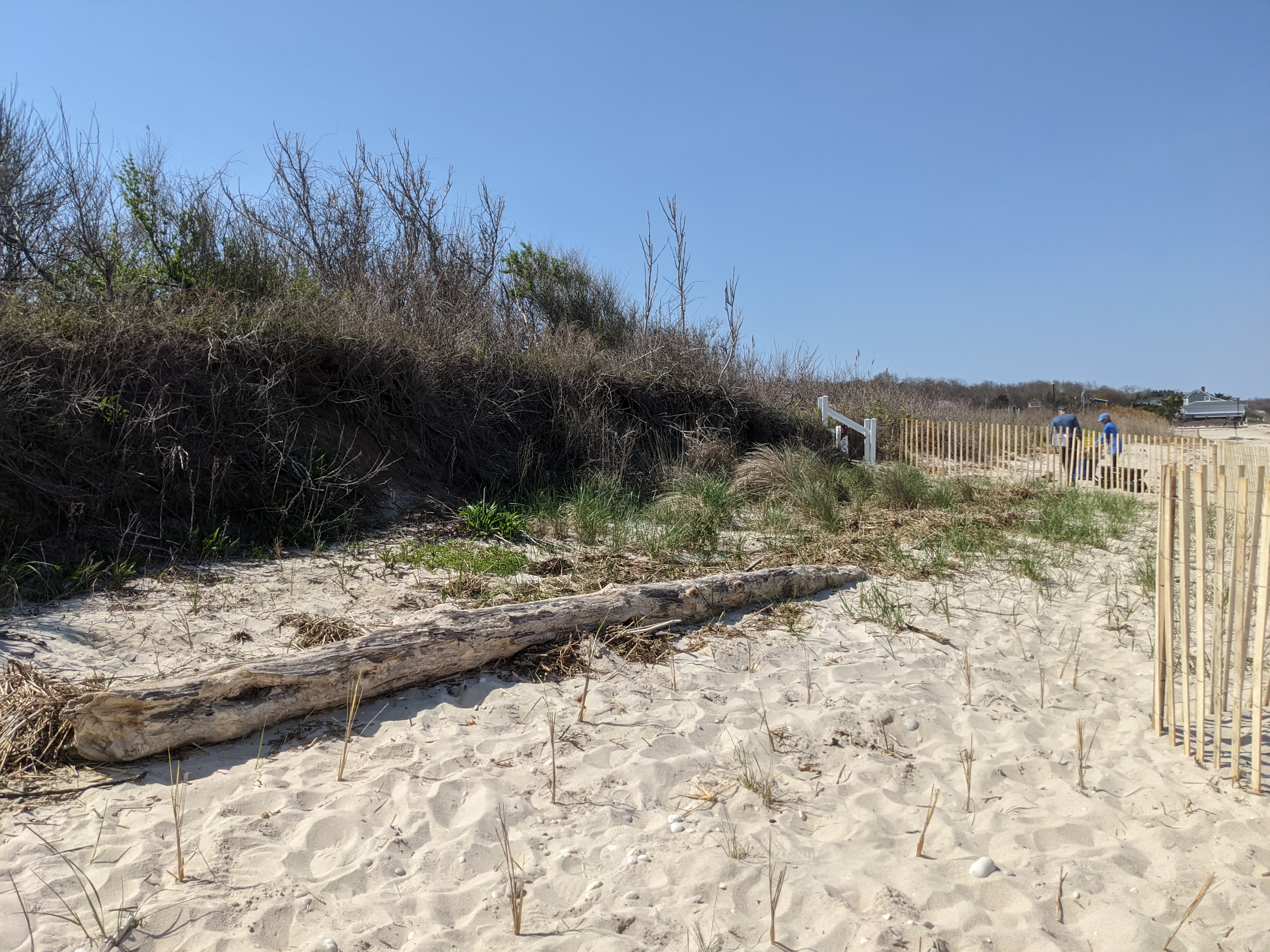
Learn how to identify, prioritize, and implement high-impact projects
Training
In Spring 2024 the SRC team hosted funding workshops in eastern CT, western CT, Westchester NY, and Long Island NY.
The Sustainable and Resilient Communities (SRC) team hosted a regional workshop on March 28, 2024, on Long Island, NY to provide information on funding opportunities to support sustainability and resilience projects. Attendees heard from program officers representing various local, state, and Long Island Sound funding organizations and were able to engage in discussions with funders to explore project ideas and ways to improve funding applications. Attendees also heard from a panel of successful awardees about their experiences and strategies.

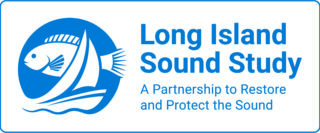
Training
In Spring 2024 the SRC team hosted funding workshops in eastern CT, western CT, Westchester NY, and Long Island NY.
The Sustainable and Resilient Communities (SRC) team hosted a regional workshop on March 28, 2024, on Long Island, NY to provide information on funding opportunities to support sustainability and resilience projects. Attendees heard from program officers representing various local, state, and Long Island Sound funding organizations and were able to engage in discussions with funders to explore project ideas and ways to improve funding applications. Attendees also heard from a panel of successful awardees about their experiences and strategies.


Training
In Spring 2024 the SRC team hosted funding workshops in eastern CT, western CT, Westchester NY, and Long Island NY.
The Sustainable and Resilient Communities (SRC) team held this Regional Funding Workshop for Western Connecticut at Housatonic Community College in Bridgeport, CT. Attendees learned about resilience planning steps and resources, heard from state and local funding organizations, learned about environmental justice considerations, discussed questions with a panel of recent awardees, and had the opportunity to participate in roundtables to strategize improving their applications.
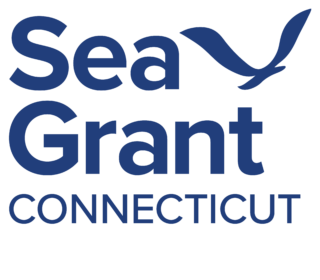

Training
In Spring 2024 the SRC team hosted funding workshops in eastern CT, western CT, Westchester NY, and Long Island NY.
The Sustainable and Resilient Communities (SRC) team held this Regional Funding Workshop for Western Connecticut at Housatonic Community College in Bridgeport, CT. Attendees learned about resilience planning steps and resources, heard from state and local funding organizations, learned about environmental justice considerations, discussed questions with a panel of recent awardees, and had the opportunity to participate in roundtables to strategize improving their applications.


Training
In Spring 2024 the SRC team hosted funding workshops in eastern CT, western CT, Westchester NY, and Long Island NY.
The Sustainable and Resilient Communities (SRC) team held this Regional Funding
Workshop for Eastern Connecticut at UConn Avery Point in Groton, CT. Attendees learned about resilience planning steps and resources, heard from state and local funding organizations, learned about environmental justice considerations, discussed questions with a panel of recent awardees, and had the opportunity to participate in roundtables to strategize improving their applications.


Training
In Spring 2024 the SRC team hosted funding workshops in eastern CT, western CT, Westchester NY, and Long Island NY.
The Sustainable and Resilient Communities (SRC) team held this Regional Funding
Workshop for Eastern Connecticut at UConn Avery Point in Groton, CT. Attendees learned about resilience planning steps and resources, heard from state and local funding organizations, learned about environmental justice considerations, discussed questions with a panel of recent awardees, and had the opportunity to participate in roundtables to strategize improving their applications.


Training
The second annual Long Island Sound Bi-State Sustainable and Resilient Communities Workshop brought together nearly 200 people virtually on Dec. 7, 2023 to learn about a new Long Island Sound Resilience Resource Hub (launching in early 2024), hear from communities and groups around the Sound working on resilience planning, and consider pathways for updating codes and ordinances. Videos of the workshop’s six sessions are available on YouTube. They can be accessed below along with supporting documents.



Training
The second annual Long Island Sound Bi-State Sustainable and Resilient Communities Workshop brought together nearly 200 people virtually on Dec. 7, 2023 to learn about a new Long Island Sound Resilience Resource Hub (launching in early 2024), hear from communities and groups around the Sound working on resilience planning, and consider pathways for updating codes and ordinances. Videos of the workshop’s six sessions are available on YouTube. They can be accessed below along with supporting documents.



Training
The programs covered in this webinar were developed by the Sustainable and Resilient Communities Extension Professional team to assist with the development of sustainability and resilience focused projects that will impact a community or communities within or partially within the Long Island Sound coastal boundary. On Oct. 16, 2023 a new LIS Resilience Planning Support Program in addition to a second round of the Long Island Sound Resilience Grant Writing Assistance Program were made available for municipalities and community organizations. These separate programs (Track 1 and Track 2) are supported by funding from the U.S. EPA through the Long Island Sound Study and administered through New York Sea Grant and Connecticut Sea Grant.



Training
The programs covered in this webinar were developed by the Sustainable and Resilient Communities Extension Professional team to assist with the development of sustainability and resilience focused projects that will impact a community or communities within or partially within the Long Island Sound coastal boundary. On Oct. 16, 2023 a new LIS Resilience Planning Support Program in addition to a second round of the Long Island Sound Resilience Grant Writing Assistance Program were made available for municipalities and community organizations. These separate programs (Track 1 and Track 2) are supported by funding from the U.S. EPA through the Long Island Sound Study and administered through New York Sea Grant and Connecticut Sea Grant.



Training
In this Coastal Resiliency Network webinar Suzette Lopane with Westchester County and Marian Russo with the Village of Patchogue spoke about two exciting living shoreline projects. The Coastal Resilience Network, led by the New York State Association of Conservation Commissions (NYSACC) with assistance from NY Sea Grant, is a collaborative open forum for communities in coastal Westchester, Nassau, and Suffolk Counties to discuss and learn about opportunities to increase their resilience to sea level rise, flooding, and extreme events.
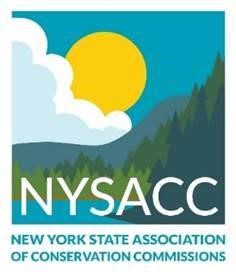


Training
In this Coastal Resiliency Network webinar Suzette Lopane with Westchester County and Marian Russo with the Village of Patchogue spoke about two exciting living shoreline projects. The Coastal Resilience Network, led by the New York State Association of Conservation Commissions (NYSACC) with assistance from NY Sea Grant, is a collaborative open forum for communities in coastal Westchester, Nassau, and Suffolk Counties to discuss and learn about opportunities to increase their resilience to sea level rise, flooding, and extreme events.



Training
In this Coastal Resiliency Network webinar, Jess Kuonen from NY Sea Grant presents on MyCoast New York, a portal used to collect and analyze photos of changing water levels, shorelines, and hazardous weather impacts across New York’s varied coasts and water bodies. Additionally, Nelson Vaz from the National Weather Service – NY shared the National Weather Service Coastal Flood Webpage resources and the benefits of collecting local impact information from sources such as MyCoast NY. The Coastal Resilience Network, led by the New York State Association of Conservation Commissions (NYSACC) with assistance from NY Sea Grant, is a collaborative open forum for communities in coastal Westchester, Nassau, and Suffolk Counties to discuss and learn about opportunities to increase their resilience to sea level rise, flooding, and extreme events.



Training
In this Coastal Resiliency Network webinar, Jess Kuonen from NY Sea Grant presents on MyCoast New York, a portal used to collect and analyze photos of changing water levels, shorelines, and hazardous weather impacts across New York’s varied coasts and water bodies. Additionally, Nelson Vaz from the National Weather Service – NY shared the National Weather Service Coastal Flood Webpage resources and the benefits of collecting local impact information from sources such as MyCoast NY. The Coastal Resilience Network, led by the New York State Association of Conservation Commissions (NYSACC) with assistance from NY Sea Grant, is a collaborative open forum for communities in coastal Westchester, Nassau, and Suffolk Counties to discuss and learn about opportunities to increase their resilience to sea level rise, flooding, and extreme events.



Training
In this webinar hosted by the NYS Department of Environmental Conservation, participants learned about successful strategies to access and manage NYS grant funding from their peers. Municipalities shared information such as; how they access grant funds, what barriers they’ve had to overcome, lessons learned, the skill sets needed, and who are the key players necessary to access grant funding. View the recording to see how you can access grant funding.

Training
In this webinar hosted by the NYS Department of Environmental Conservation, participants learned about successful strategies to access and manage NYS grant funding from their peers. Municipalities shared information such as; how they access grant funds, what barriers they’ve had to overcome, lessons learned, the skill sets needed, and who are the key players necessary to access grant funding. View the recording to see how you can access grant funding.

Training
The first annual Long Island Sound Bi-State Sustainable and Resilient Communities Workshop brought together more than 260 people virtually on Dec. 1, 2022 to learn about opportunities to increase the resilience of the Sound’s communities to climate change and other environmental threats. Interactive sessions included opportunities to learn more about the SRC Extension Professionals’ needs assessment findings and recommendations, the newly released Long Island Sound Resilience Grant Writing Assistance Program, and tips for success with Long Island Sound funding opportunities. Concurrent breakout sessions highlighted the work of partners related to shoreline planning and implementation, using green infrastructure for stormwater management, sustainable climate planning for relocation, and new sustainability/resilience tools available in both New York and Connecticut. Videos of the workshop’s six sessions are available on YouTube. They can be accessed below along with supporting documents.



Training
The first annual Long Island Sound Bi-State Sustainable and Resilient Communities Workshop brought together more than 260 people virtually on Dec. 1, 2022 to learn about opportunities to increase the resilience of the Sound’s communities to climate change and other environmental threats. Interactive sessions included opportunities to learn more about the SRC Extension Professionals’ needs assessment findings and recommendations, the newly released Long Island Sound Resilience Grant Writing Assistance Program, and tips for success with Long Island Sound funding opportunities. Concurrent breakout sessions highlighted the work of partners related to shoreline planning and implementation, using green infrastructure for stormwater management, sustainable climate planning for relocation, and new sustainability/resilience tools available in both New York and Connecticut. Videos of the workshop’s six sessions are available on YouTube. They can be accessed below along with supporting documents.



Training
On Thursday, June 15, Save the Sound, Connecticut Sea Grant, New York Sea Grant, The Pew Charitable Trusts, and Earth Economics hosted an invite-only workshop, “Expanding the Benefit-Cost Analysis for Nature-Based Solutions,” which was attended by more than 50 professionals from federal and state agencies, municipalities, environmental NGOs, and engineering firms.
The workshop reviewed the results of an effort by Save the Sound and Earth Economics to identify opportunities for the Federal Emergency Management Agency (FEMA) and other federal agencies and funders to improve the ability of benefit-cost analysis tools to account for ecosystem-based benefits. See here for the associated report, Expanding FEMA’s Benefit Cost Analysis: Chittenden Living Shoreline Case Study (published June 2023).



Training
On Thursday, June 15, Save the Sound, Connecticut Sea Grant, New York Sea Grant, The Pew Charitable Trusts, and Earth Economics hosted an invite-only workshop, “Expanding the Benefit-Cost Analysis for Nature-Based Solutions,” which was attended by more than 50 professionals from federal and state agencies, municipalities, environmental NGOs, and engineering firms.
The workshop reviewed the results of an effort by Save the Sound and Earth Economics to identify opportunities for the Federal Emergency Management Agency (FEMA) and other federal agencies and funders to improve the ability of benefit-cost analysis tools to account for ecosystem-based benefits. See here for the associated report, Expanding FEMA’s Benefit Cost Analysis: Chittenden Living Shoreline Case Study (published June 2023).



Training
On July 18th, 2023 NYS Department of Environmental Conservation and NY Sea Grant hosted a free public webinar to share more about what steps homeowners can take in their own yards to protect and improve Long Island waters! Featured experts from New York Sea Grant, NYS Department of Environmental Conservation, Long Island Commission for Aquifer Protection, Cornell Cooperative Extension Suffolk County, and Rewild Long Island discussed smart fertilizer practices, water conservation, and native plantings.



Training
On July 18th, 2023 NYS Department of Environmental Conservation and NY Sea Grant hosted a free public webinar to share more about what steps homeowners can take in their own yards to protect and improve Long Island waters! Featured experts from New York Sea Grant, NYS Department of Environmental Conservation, Long Island Commission for Aquifer Protection, Cornell Cooperative Extension Suffolk County, and Rewild Long Island discussed smart fertilizer practices, water conservation, and native plantings.



Training
This online information session held Sept. 19, and repeated Sept. 21, provides an introduction to resilience planning in the Long Island Sound region. It includes discussions on local climate impacts and projections, resilience planning strategies, and climate certification programs for both New York and Connecticut municipalities. In addition to the main presentation, videos of the Connecticut and New York breakout sessions can be accessed below. The presentations and other resource materials are available here.






Training
This online information session held Sept. 19, and repeated Sept. 21, provides an introduction to resilience planning in the Long Island Sound region. It includes discussions on local climate impacts and projections, resilience planning strategies, and climate certification programs for both New York and Connecticut municipalities. In addition to the main presentation, videos of the Connecticut and New York breakout sessions can be accessed below. The presentations and other resource materials are available here.






Training
These webinars were presented by NEIWPCC, Long Island Sound Study, and the New York State Department of Environmental Conservation. The webinars introduced the Marsh Interactive Fate Viewer, discussed the process of creating marsh conservation plans for Westchester County and Mattituck Creek (Suffolk County) in 2021, and laid the groundwork for developing additional marsh conservation plans over the course of 2023.



Training
These webinars were presented by NEIWPCC, Long Island Sound Study, and the New York State Department of Environmental Conservation. The webinars introduced the Marsh Interactive Fate Viewer, discussed the process of creating marsh conservation plans for Westchester County and Mattituck Creek (Suffolk County) in 2021, and laid the groundwork for developing additional marsh conservation plans over the course of 2023.



Training
Held at Port Jefferson Village Center in Suffolk County on May 10, 2023, this forum brought together state and local decision makers and other stakeholders, working to address coastal erosion along the Long Island Sound shoreline. Panelists highlighted strategies and options to address coastal erosion, discussed the Coastal Erosion Hazard Areas Program, local codes, updated New York State sea level rise projections and more. During small group discussions, attendees discussed challenges and identified opportunities to increase resilience, all in an effort to enhance coordination across communities. This forum was hosted by New York Sea Grant and Long Island Sound Study, in partnership with Suffolk County Soil and Water Conservation District and Suffolk County Legislators Sarah Anker, Stephanie Bontempi, Kara Hahn, and Al Krupski.
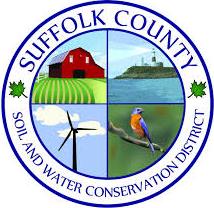
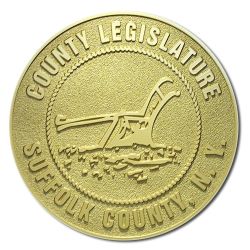


Training
Held at Port Jefferson Village Center in Suffolk County on May 10, 2023, this forum brought together state and local decision makers and other stakeholders, working to address coastal erosion along the Long Island Sound shoreline. Panelists highlighted strategies and options to address coastal erosion, discussed the Coastal Erosion Hazard Areas Program, local codes, updated New York State sea level rise projections and more. During small group discussions, attendees discussed challenges and identified opportunities to increase resilience, all in an effort to enhance coordination across communities. This forum was hosted by New York Sea Grant and Long Island Sound Study, in partnership with Suffolk County Soil and Water Conservation District and Suffolk County Legislators Sarah Anker, Stephanie Bontempi, Kara Hahn, and Al Krupski.




Training
Held at Locust Valley Library in Nassau County on May 4, 2023, this forum brought together state and local decision makers and other stakeholders, working to address coastal erosion along the Long Island Sound shoreline. Panelists highlighted strategies and options to address coastal erosion, discussed the Coastal Erosion Hazard Areas Program, local codes, updated New York State sea level rise projections and more. During small group discussions, attendees discussed challenges and identified opportunities to increase resilience, all in an effort to enhance coordination across communities. This forum was hosted by New York Sea Grant and Long Island Sound Study, in partnership with Nassau County Soil and Water Conservation District.



Training
Held at Locust Valley Library in Nassau County on May 4, 2023, this forum brought together state and local decision makers and other stakeholders, working to address coastal erosion along the Long Island Sound shoreline. Panelists highlighted strategies and options to address coastal erosion, discussed the Coastal Erosion Hazard Areas Program, local codes, updated New York State sea level rise projections and more. During small group discussions, attendees discussed challenges and identified opportunities to increase resilience, all in an effort to enhance coordination across communities. This forum was hosted by New York Sea Grant and Long Island Sound Study, in partnership with Nassau County Soil and Water Conservation District.



Training
The Long Island Sound Community Impact Fund (LISCIF) is a partnership between Restore America’s Estuaries, the U.S. Environmental Protection Agency, and the Long Island Sound Study (LISS). The purpose of LISCIF is to build capacity for organizations located in communities affected by disproportionate environmental and human health risks. The purpose of the LISCIF is to provide technical and financial assistance to communities with environmental justice concerns and improve the quality and accessibility of the Long Island Sound. The Long Island Sound Community Impact Fund seeks to increase organizational capacity through training that supports day-to-day operations, project implementation, and future funding opportunities.
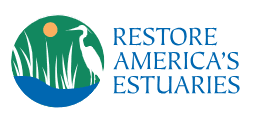

Training
The Long Island Sound Community Impact Fund (LISCIF) is a partnership between Restore America’s Estuaries, the U.S. Environmental Protection Agency, and the Long Island Sound Study (LISS). The purpose of LISCIF is to build capacity for organizations located in communities affected by disproportionate environmental and human health risks. The purpose of the LISCIF is to provide technical and financial assistance to communities with environmental justice concerns and improve the quality and accessibility of the Long Island Sound. The Long Island Sound Community Impact Fund seeks to increase organizational capacity through training that supports day-to-day operations, project implementation, and future funding opportunities.


Training
In this Coastal Resiliency Network webinar, Barbara Kendall from the NYS Department of State provides an overview of Local Waterfront Revitalization Programs (LWRP) and then representatives from four NYS coastal communities discuss their experiences developing and implementing their LWRPs. The Coastal Resilience Network, led by the New York State Association of Conservation Commissions (NYSACC) with assistance from NY Sea Grant, is a collaborative open forum for communities in coastal Westchester, Nassau, and Suffolk Counties to discuss and learn about opportunities to increase their resilience to sea level rise, flooding, and extreme events.



Training
In this Coastal Resiliency Network webinar, Barbara Kendall from the NYS Department of State provides an overview of Local Waterfront Revitalization Programs (LWRP) and then representatives from four NYS coastal communities discuss their experiences developing and implementing their LWRPs. The Coastal Resilience Network, led by the New York State Association of Conservation Commissions (NYSACC) with assistance from NY Sea Grant, is a collaborative open forum for communities in coastal Westchester, Nassau, and Suffolk Counties to discuss and learn about opportunities to increase their resilience to sea level rise, flooding, and extreme events.



Training
In this Coastal Resiliency Network webinar, Samantha Klein, Environmental Analyst for the Town of East Hampton, discusses her experience in paving the way to a more resilient East Hampton with the development of their CARP (Coastal Assessment Resiliency Plan). She focuses on lessons learned, funding, and providing guidance on how to get started creating your own CARP. The Coastal Resilience Network, led by the New York State Association of Conservation Commissions (NYSACC) with assistance from NY Sea Grant, is a collaborative open forum for communities in coastal Westchester, Nassau, and Suffolk Counties to discuss and learn about opportunities to increase their resilience to sea level rise, flooding, and extreme events.



Training
In this Coastal Resiliency Network webinar, Samantha Klein, Environmental Analyst for the Town of East Hampton, discusses her experience in paving the way to a more resilient East Hampton with the development of their CARP (Coastal Assessment Resiliency Plan). She focuses on lessons learned, funding, and providing guidance on how to get started creating your own CARP. The Coastal Resilience Network, led by the New York State Association of Conservation Commissions (NYSACC) with assistance from NY Sea Grant, is a collaborative open forum for communities in coastal Westchester, Nassau, and Suffolk Counties to discuss and learn about opportunities to increase their resilience to sea level rise, flooding, and extreme events.



Resources & Tools